This month, we bring you news from Colombia, Brazil, Ecuador, Peru, Venezuela, Argentina and Chile.
Highlights are:
- Colombia: Amnesty has condemned the attack in Bogota on a Venezuelan human rights defender and called for a full investigation.
- Brazil: Amnesty has called for the rights to freedom of expression and peaceful assembly to be respected during the COP30 climate conference in Belem this month
- Ecuador: Amnesty has expressed its concern over the continued deterioration of the human rights situation in Ecuador, including excessive use of force against protesters.
- Peru: Amnesty has condemned the disproportionate use of force by the police during recent demonstrations in Lima, when one person died from a gunshot wound and dozens were injured.
- Venezuela: Amnesty has welcomed the award of the 2025 Nobel Peace Prize to Venezuelan democracy activist and opposition leader, María Corina Machado
- Argentina: The Supreme Court of Justice has decided to intervene in a dispute between indigenous communities, environmental groups and government authorities over the exploitation of lithium and borate
- Chile: Protection will be provided to the family of disappeared Indigenous environmental human rights defender Julia Chuñil, who have repeatedly expressed concerns for their safety.
COLOMBIA
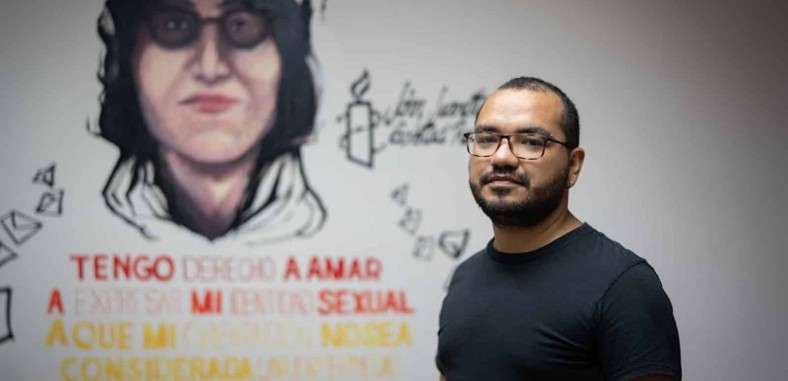
Venezuelan human-rights defender Yendri Velásquez Rodríguez and political consultant Luis Alejandro Peche Arteaga were wounded in a targeted shooting in Bogotá on October 13, underscoring the dangers faced by exiled activists in Colombia. Amnesty International condemned the attack, urging authorities to carry out a full investigation and ensure effective access to international protection for Venezuelan nationals. Of the eight million Venezuelans who have fled their country, nearly three million are in Colombia, many living in extremely vulnerable conditions. Amnesty calls for decisive action by the Colombian government to put an end to this unacceptable situation of risk and to guarantee protection for all human rights defenders, including Venezuelans.
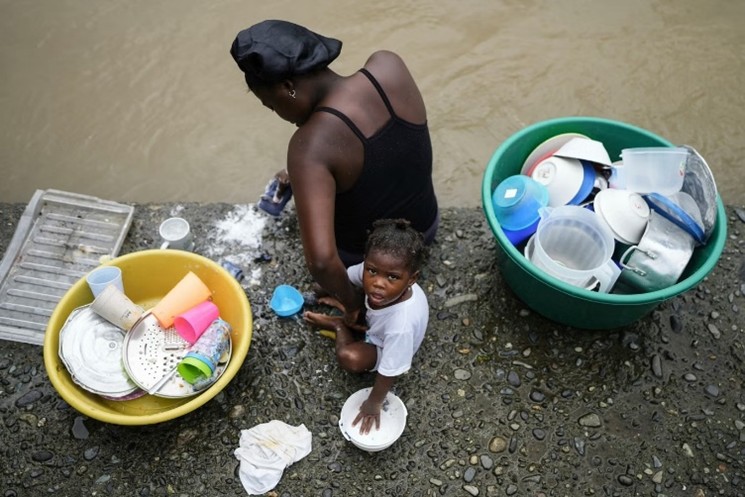
Illegal gold mining in Colombia’s Atrato River basin – one of the country’s largest waterways – is causing severe mercury contamination that threatens the health, water, and livelihoods of Afro-descendant and Indigenous communities. Mercury is commonly used in small-scale gold mining to separate gold from sediment, but when released into rivers it poisons fish and accumulates in human tissue. Although Colombia banned mercury use in mining in 2018, enforcement remains weak, especially in conflict zones controlled by armed groups and criminal networks. The United Nations has described the crisis as a human rights emergency and criticised the government for failing to fully implement a 2016 court ruling that recognised the river’s rights.
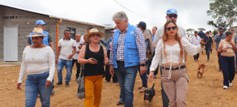
UN envoy Miroslav Jenča called Colombia’s peace process “a global model,” noting disarmament of former FARC fighters and improved community security. He highlighted development projects and first convictions by the Special Jurisdiction for Peace as key milestones. Jenča urged more funding to sustain the UN Verification Mission and stressed its role in ensuring a peaceful political environment.
BRAZIL
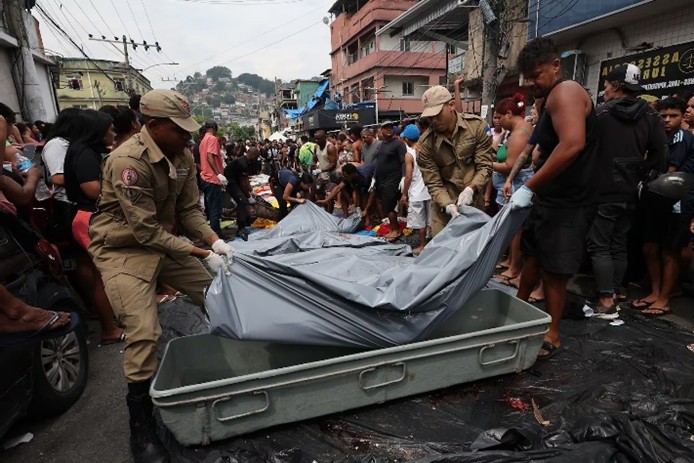
A recent large-scale police operation in Rio de Janeiro’s favelas left one of the highest death tolls in the city’s history. Thousands of security agents, including military police and special units, engaged in fierce gunfights using armoured vehicles and drones. The International Federation for Human Rights warned that the operation reflected Brazil’s deeply entrenched security strategy, which disproportionately targets Afro-descendant and poor communities and perpetuates cycles of lethal force and impunity. Human Rights Watch reported serious investigative failures, including mishandling of crime scenes and evidence, and urged authorities to conduct prompt, thorough, and independent investigations into each of the killings.
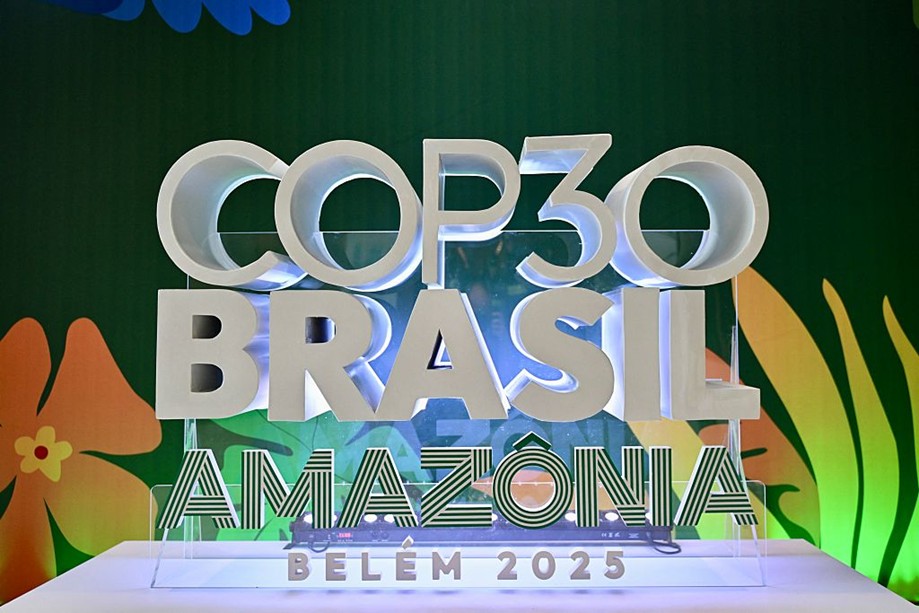
Amnesty International and 43 other organizations released a joint letter welcoming the publication of the agreement between the Brazilian government and the UN Framework Convention on Climate Change (UNFCCC) on hosting the COP30 climate conference in Belem, Brazil, between November 10-21, 2025, saying it marks a positive step for transparency. While the agreement includes a commitment to uphold human rights, Amnesty has raised concerns that it does not explicitly safeguard the rights to freedom of expression and peaceful assembly outside the official “Blue Zone”. They also flagged that sponsorship rules appear weakened, which could allow fossil‑fuel or other companies whose activities conflict with climate goals to gain undue influence, and urged for strong public disclosure of sponsorships and partnerships.
ECUADOR
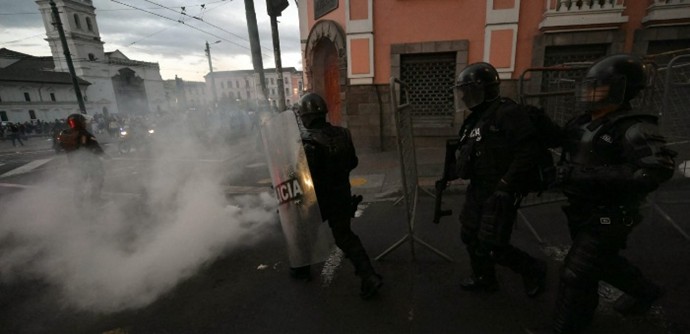
Amnesty has expressed its concern over the continued deterioration of the human rights situation in Ecuador, under the administration of President Daniel Noboa. The seriousness of the situation has worsened recently, against a backdrop of protests linked to a National Strike called by the Confederation of Indigenous Nationalities of Ecuador, with multiple complaints of excessive use of force against protesters by the security forces, possible arbitrary arrests, as well as the opening of abusive criminal proceedings and freezing of bank accounts belonging to social leaders and protesters. Added to this are attacks by the executive on the Constitutional Court, which put judicial independence at risk, and the lack of cooperation by the armed forces in investigations being carried out by the Public Prosecutor’s Office into dozens of enforced disappearances that occurred in 2024.
PERU
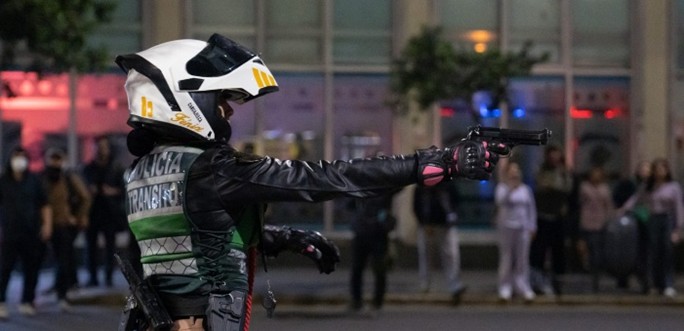 Amnesty has expressed its deep sorrow over the death of Eduardo Mauricio Ruiz Sanz, aged 32, from a gunshot wound, as well as over the dozens of people, including protesters, bystanders and police, who were injured during the state repression of demonstrations in Lima on 16 October. Amnesty has condemned the disproportionate use of force by the police and all acts of violence, including attacks against the press. It has urged the authorities to carry out thorough and impartial investigations to identify and punish those responsible, in accordance with international human rights standards, and to listen to the demands of the population, rather than delegitimising them through stigmatising rhetoric.
Amnesty has expressed its deep sorrow over the death of Eduardo Mauricio Ruiz Sanz, aged 32, from a gunshot wound, as well as over the dozens of people, including protesters, bystanders and police, who were injured during the state repression of demonstrations in Lima on 16 October. Amnesty has condemned the disproportionate use of force by the police and all acts of violence, including attacks against the press. It has urged the authorities to carry out thorough and impartial investigations to identify and punish those responsible, in accordance with international human rights standards, and to listen to the demands of the population, rather than delegitimising them through stigmatising rhetoric.
VENEZUELA
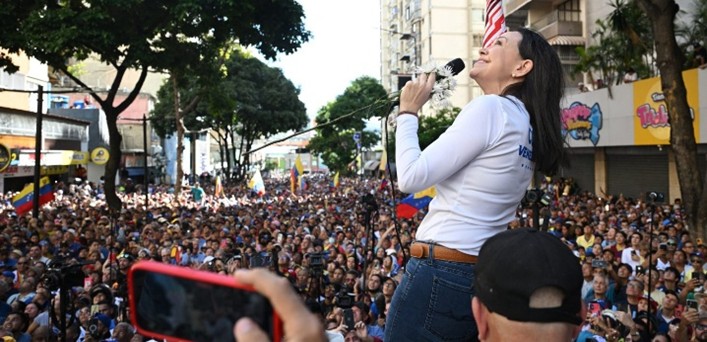
Amnesty has welcomed the award of the 2025 Nobel Peace Prize to Venezuelan democracy activist and opposition leader, María Corina Machado, as an important recognition of her work but also of the people of Venezuela who “for years, have endured repression and persecution for daring to think differently and challenging authorities over human rights violations”.
Non-governmental organization Foro Penal has stated that the number of political prisoners in Venezuela has risen to 875, one of the highest tallies over the most recent years. The organisation reported a surge in detentions targeting opposition figures, student activists, journalists, and civil society members.
ARGENTINA
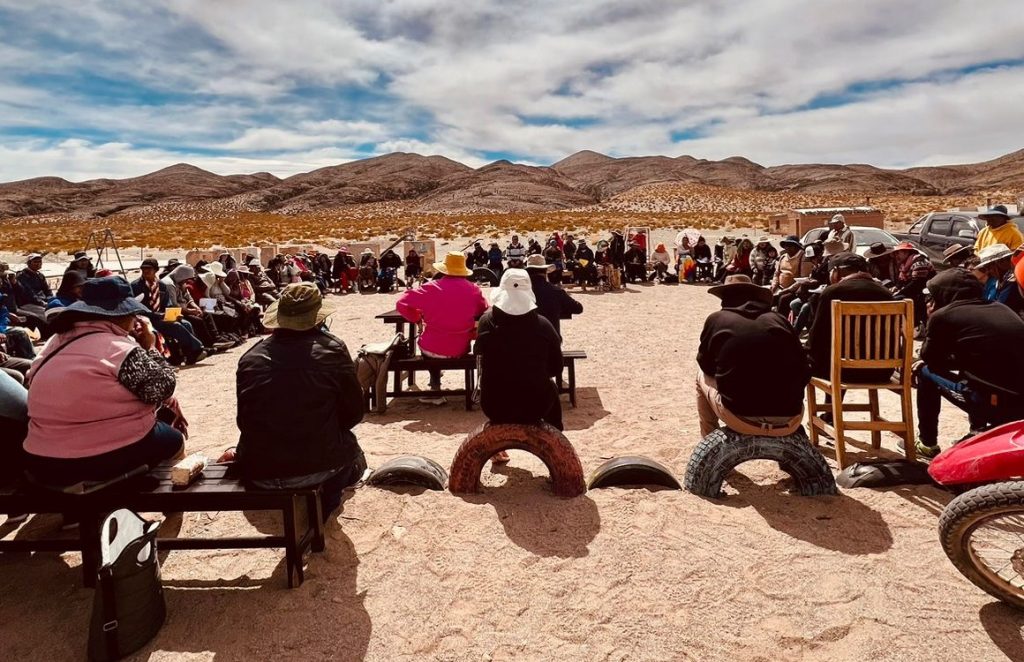 The expansion of mining in the Salinas Grandes-Guayatayoc basin, in the provinces of Salta and Jujuy, prompted the Supreme Court of Justice to intervene in a legal dispute between Indigenous communities, environmental organisations, and the provincial and national governments. In an area where it rarely rains and water is a scarce and precious commodity, communities have to regulate which crops they grow and which animals they keep to ration water. The Supreme Court’s decision could set a historic precedent in human rights, environmental justice and ecosystem protection.
The expansion of mining in the Salinas Grandes-Guayatayoc basin, in the provinces of Salta and Jujuy, prompted the Supreme Court of Justice to intervene in a legal dispute between Indigenous communities, environmental organisations, and the provincial and national governments. In an area where it rarely rains and water is a scarce and precious commodity, communities have to regulate which crops they grow and which animals they keep to ration water. The Supreme Court’s decision could set a historic precedent in human rights, environmental justice and ecosystem protection.
CHILE
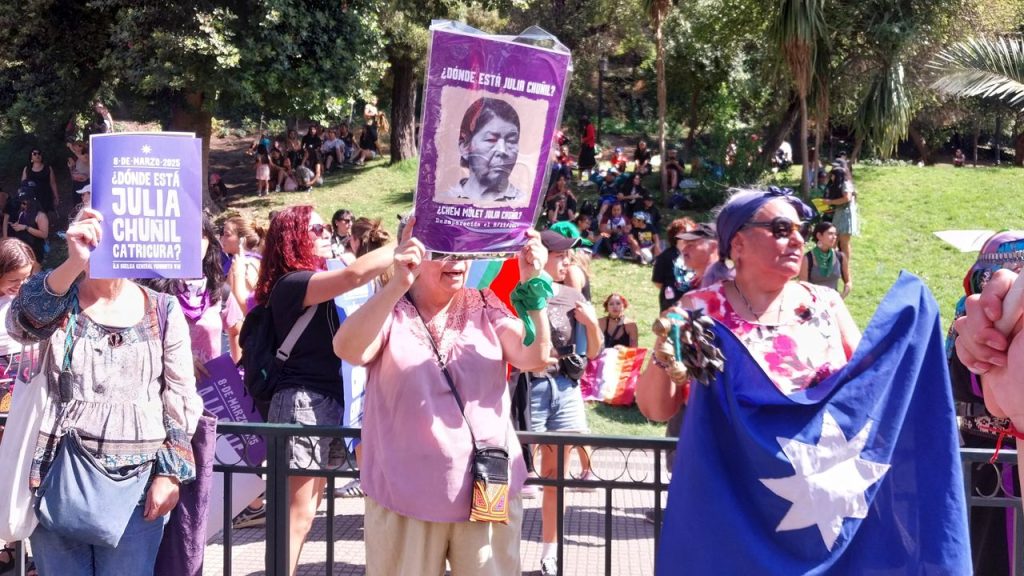
Nearly a year after the disappearance of Indigenous environmental human rights defender Julia Chuñil, the Committee to Support Implementation and Compliance of the Escazú Agreement has recognised the urgent need to protect her relatives, who have repeatedly expressed concerns for their safety. Chuñil, a leader of Chile’s indigenous Mapuche, was living on disputed land, which is seen as an ancestral territory. She spent years campaigning to secure land rights over the site for her community. The site’s nominal owner refused to relinquish control, wanting the site for logging.
In a ceremony at their Embassy in London, the Chilean government offered a public apology to the family of the late Leopoldo García Lucero, a survivor of torture under the Pinochet regime, who was forcibly exiled to the United Kingdom 50 years ago. The Ambassador and Undersecretary for Human Rights acknowledged the profound impact of Leopoldo’s torture on him and his family and the further harm caused by the Chilean State’s prolonged delays in investigating and prosecuting the main suspect in his torture.
OUR TEAM AND YOU
Members of our team remain available to give online or face to face presentations to Local Groups on our countries. Please get in touch if you are interested.
All the best,
South America Team – Carolina Beresford (Colombia and Brazil), David Rogers (Argentina and Chile), James Baird (Venezuela) and Graham Minter (the rest of South America). Please check out our new website, and don’t forget that you can follow us on Facebook and Twitter.